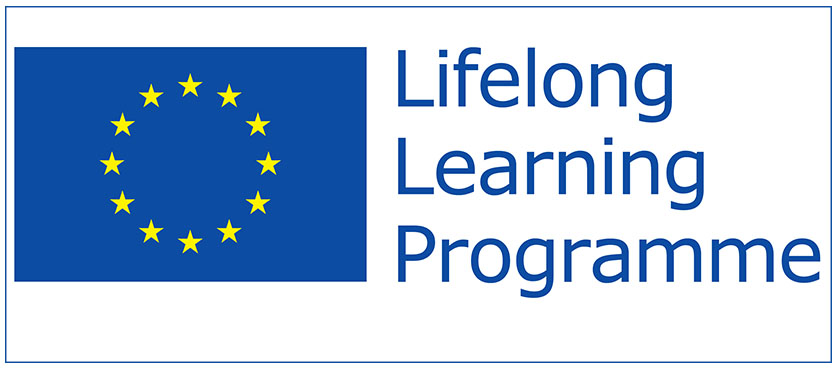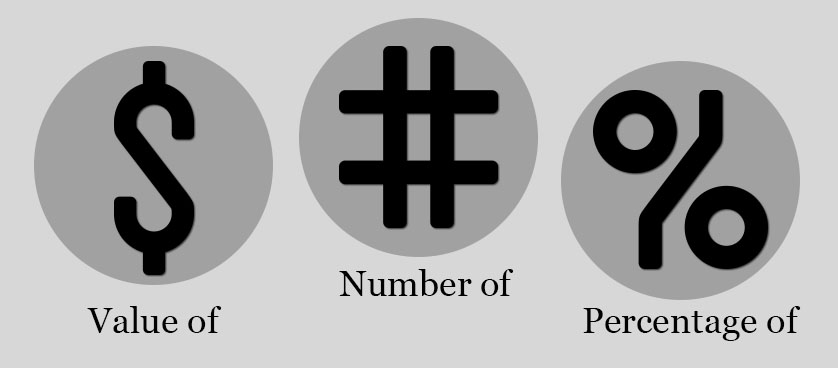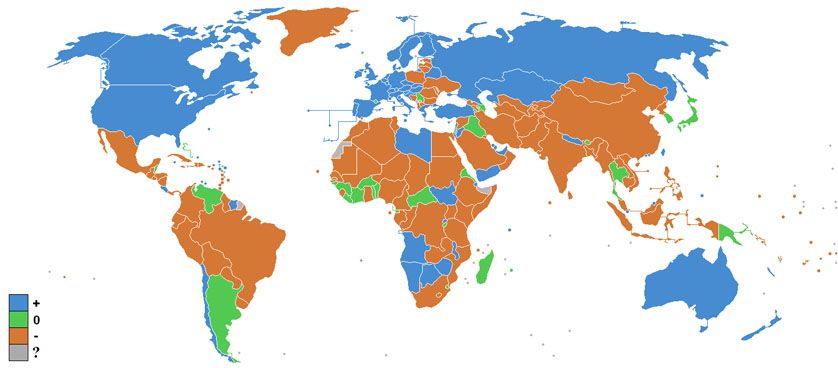A taxonomy of sources used for KPI selection
smartKPIs.com Performance Architect update 36/2010
Working with Key Performance Indicators (KPIs) requires selecting a group of relevant KPIs first. There are many options for this: start with a blank page, review other sources, or get someone else (such as a consultant) to do this for you among others.





